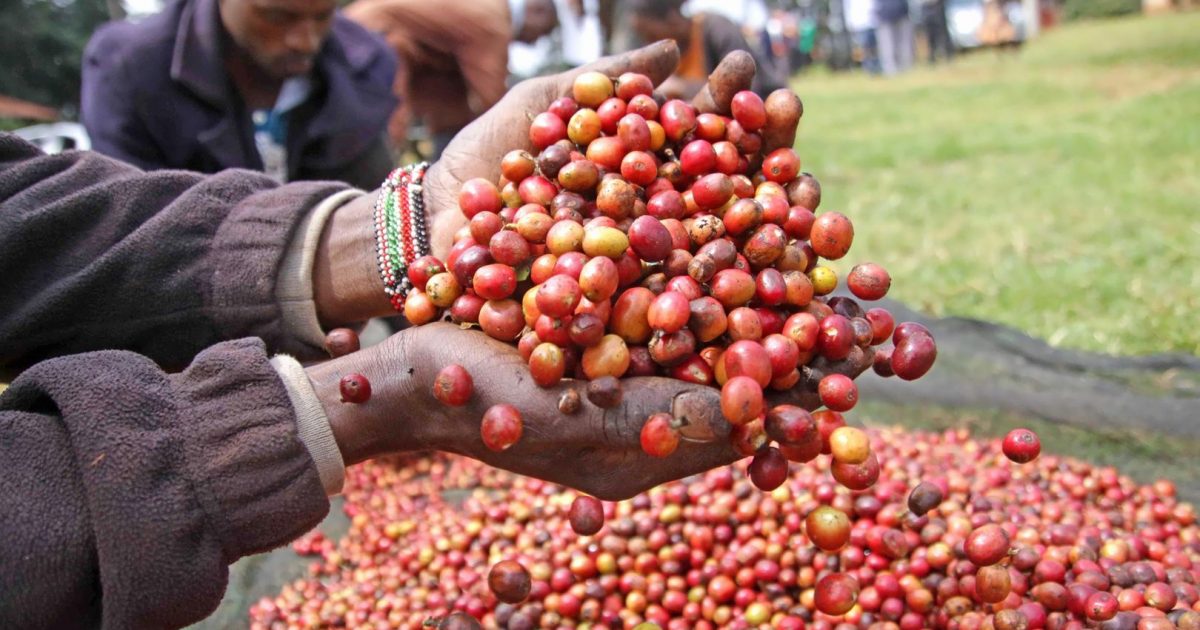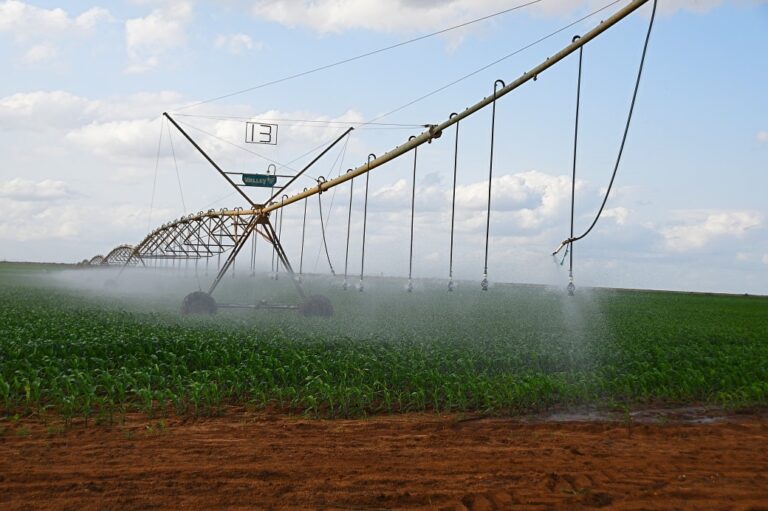
Coffee from Kirinyaga County. Photo/Courtesy
By Daisy Okiring
Coffee cooperative societies from 10 counties have threatened to pull out of the National Coffee Exchange, citing frustrations over the government’s Direct Settlement System (DSS) for coffee payments. The farmers say they will instead register a new umbrella entity through which they can sell their produce independently.
At a press briefing in Kirinyaga on Monday, leaders of cooperatives from Bomet, Kericho, Baringo, Nyeri, Kisii, Kirinyaga, Makueni, West Pokot, Machakos, and Bungoma counties accused the National Coffee Exchange of working hand-in-hand with the government to force acceptance of the DSS system.
Farmers accuse exchange of collusion with government
National Coffee Cooperative Union (NACCU) chairperson Felix Mwai said members had lost confidence in the current exchange, arguing it no longer represented the interests of growers.
“Farmers will now register their own organisation under which they will sell their coffee. The national exchange has chosen to side with government policy instead of protecting producers,” Mwai said.
The DSS was introduced by government as part of coffee reforms aimed at improving transparency and ensuring farmers are paid directly. But cooperatives argue the system has been manipulated to their disadvantage and is being enforced without proper consultation.
Read More: The hunger paradox: Why africa feeds the world but can’t feed itself
Financial institutions under fire
The leaders also accused financial institutions of being “conveyor belts” in implementing the DSS. According to the societies, banks are being used to entrench a system that sidelines cooperatives and increases transaction costs, ultimately reducing farmers’ earnings.
Speaking outside a Kirinyaga court where a case challenging the DSS was mentioned, NACCU secretary-general Bahama Muriithi warned that growers would no longer transact with entities “bent on oppressing farmers.”
“The President must stop engaging brokers who do not own coffee plantations. He should instead involve real farmers before implementing laws that make farming more difficult,” Muriithi said.
Court challenge postponed
The case, in which the cooperatives have sued the government over DSS enforcement, failed to proceed and was adjourned to September 3, 2025. Farmers vowed to continue mobilising ahead of the hearing, insisting that their livelihoods depend on reversing the policy.
The aggrieved cooperatives maintain that the DSS has introduced delays and inefficiencies in payments, forcing many farmers to wait longer than before to access earnings. They also allege that the system has given middlemen new opportunities to exploit growers under the guise of formal reforms.
Read More: A nation eating itself: How Kenya’s poor are being left to die hungry
Wider unrest in coffee sector
The boycott threat adds to mounting unrest within Kenya’s coffee sector, which has faced repeated protests over marketing reforms in recent years. While government has defended DSS as a tool to increase accountability, many producers argue that it undermines cooperative societies that have traditionally played a central role in organising sales and distributing proceeds.
Agricultural economists warn that if the boycott materialises, it could fracture the market and weaken efforts to restore Kenya’s coffee sector to global competitiveness.
However, some industry stakeholders have urged dialogue, saying both government and farmers need to find middle ground to prevent destabilising an already struggling industry.
As the dispute heads back to court this week, all eyes remain on whether the government will soften its stance or push forward with full DSS implementation despite farmer resistance.



